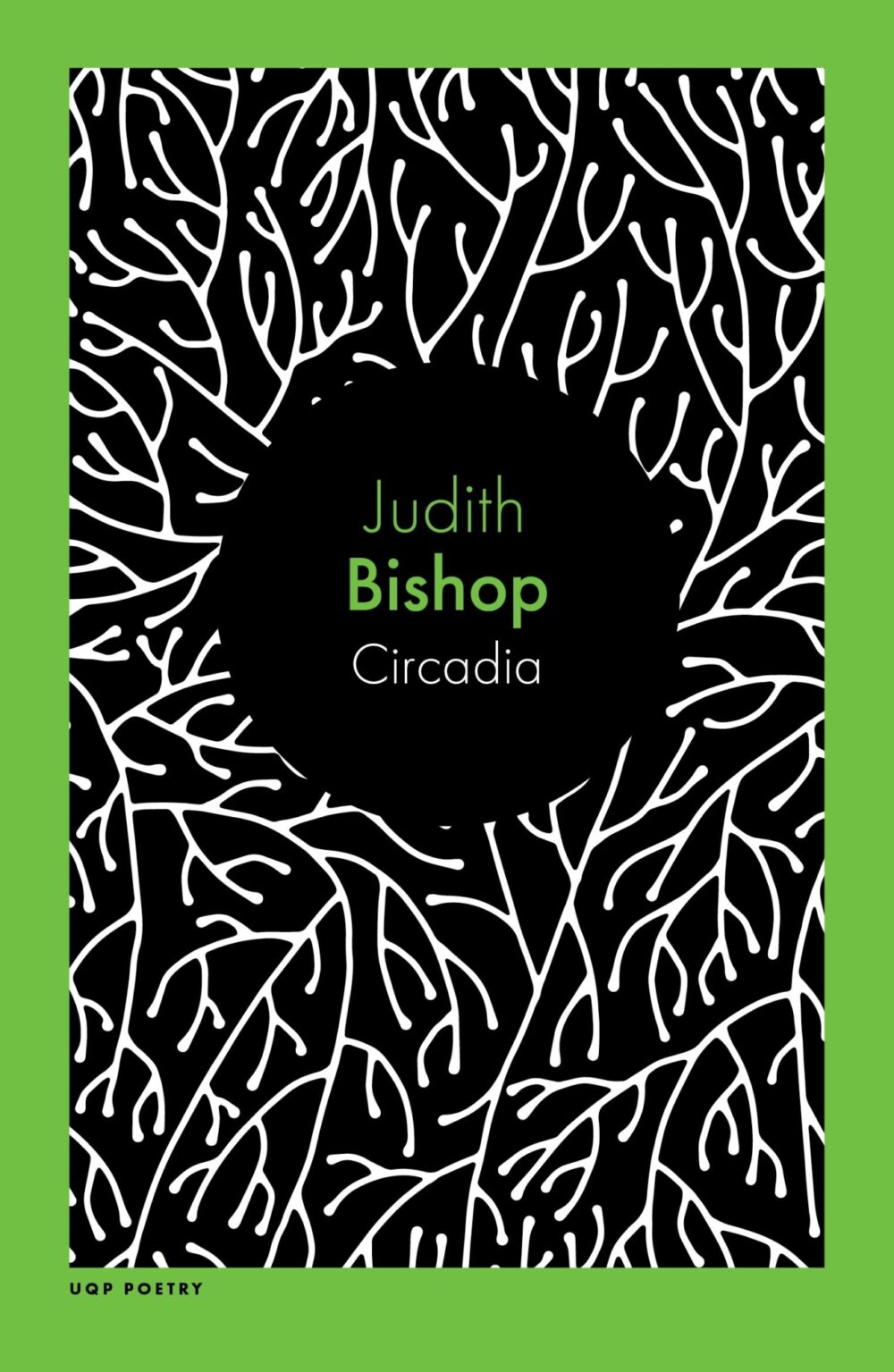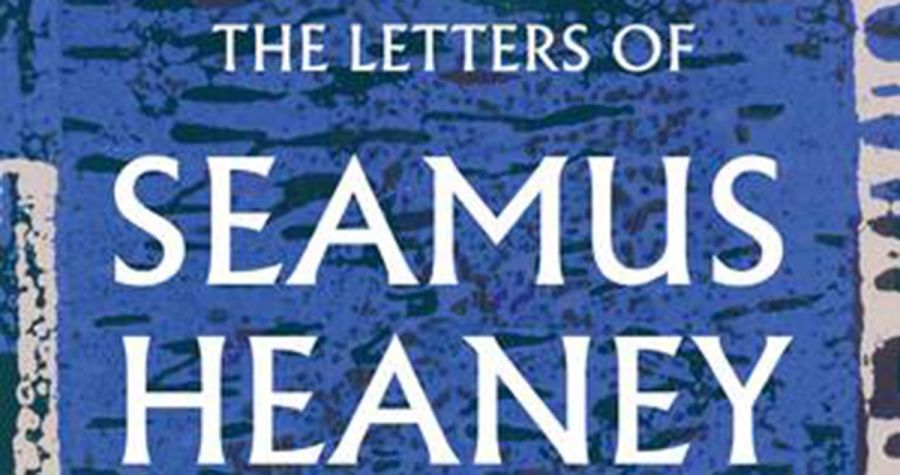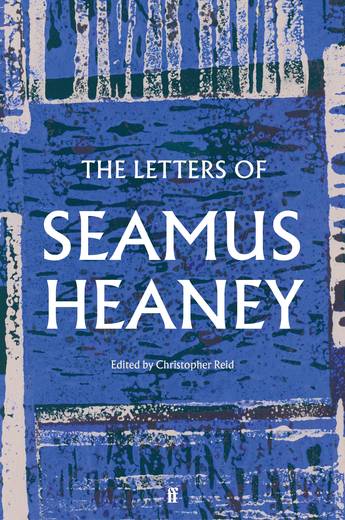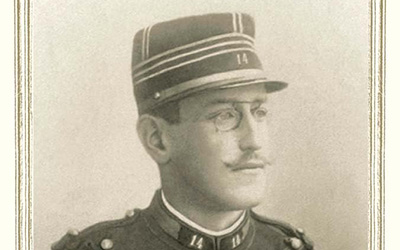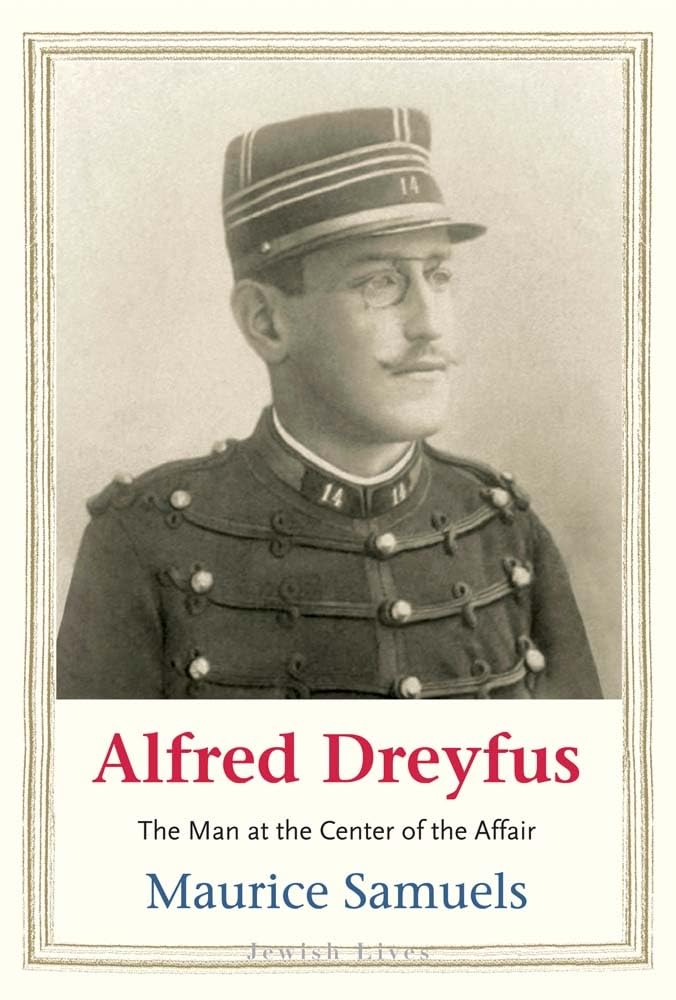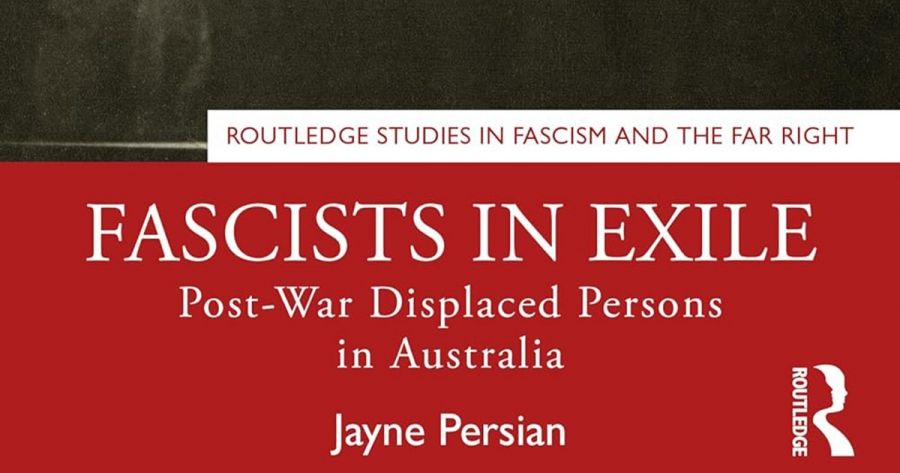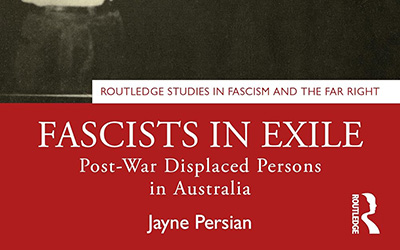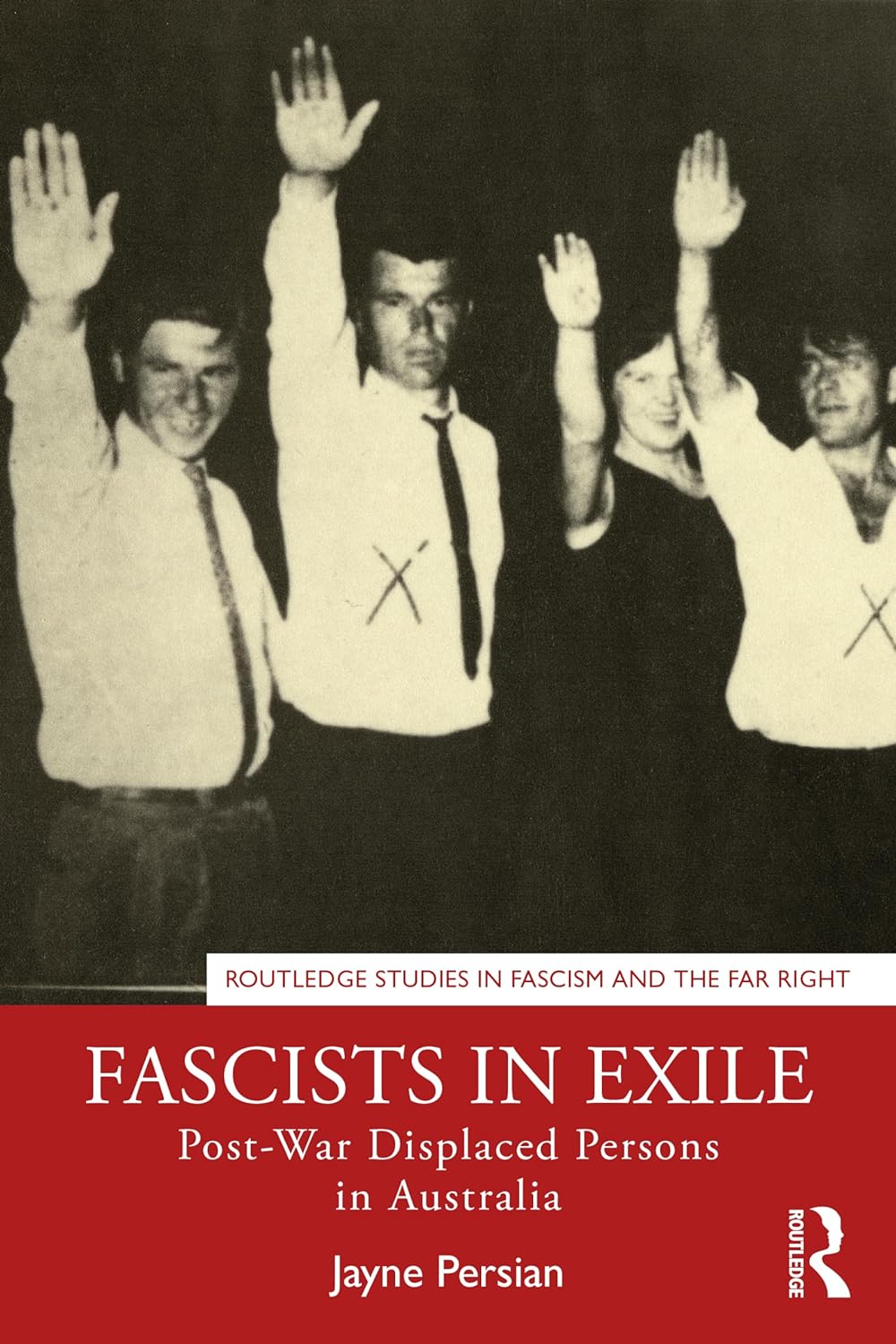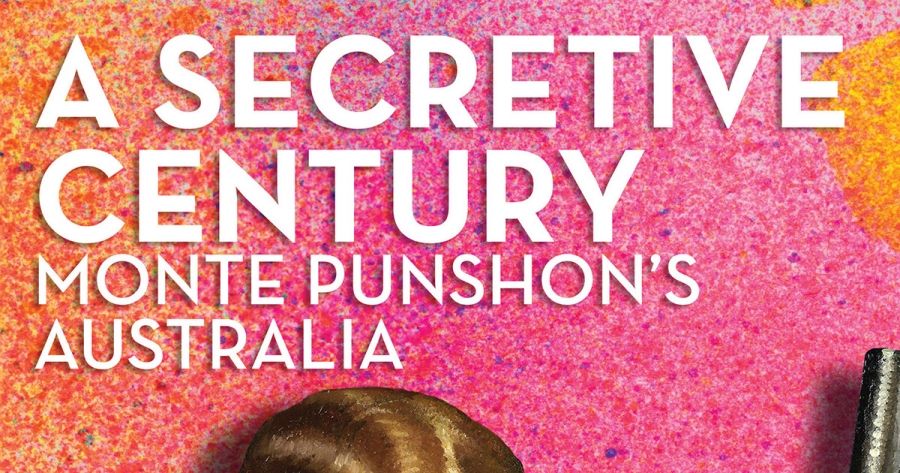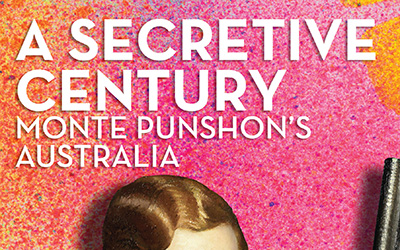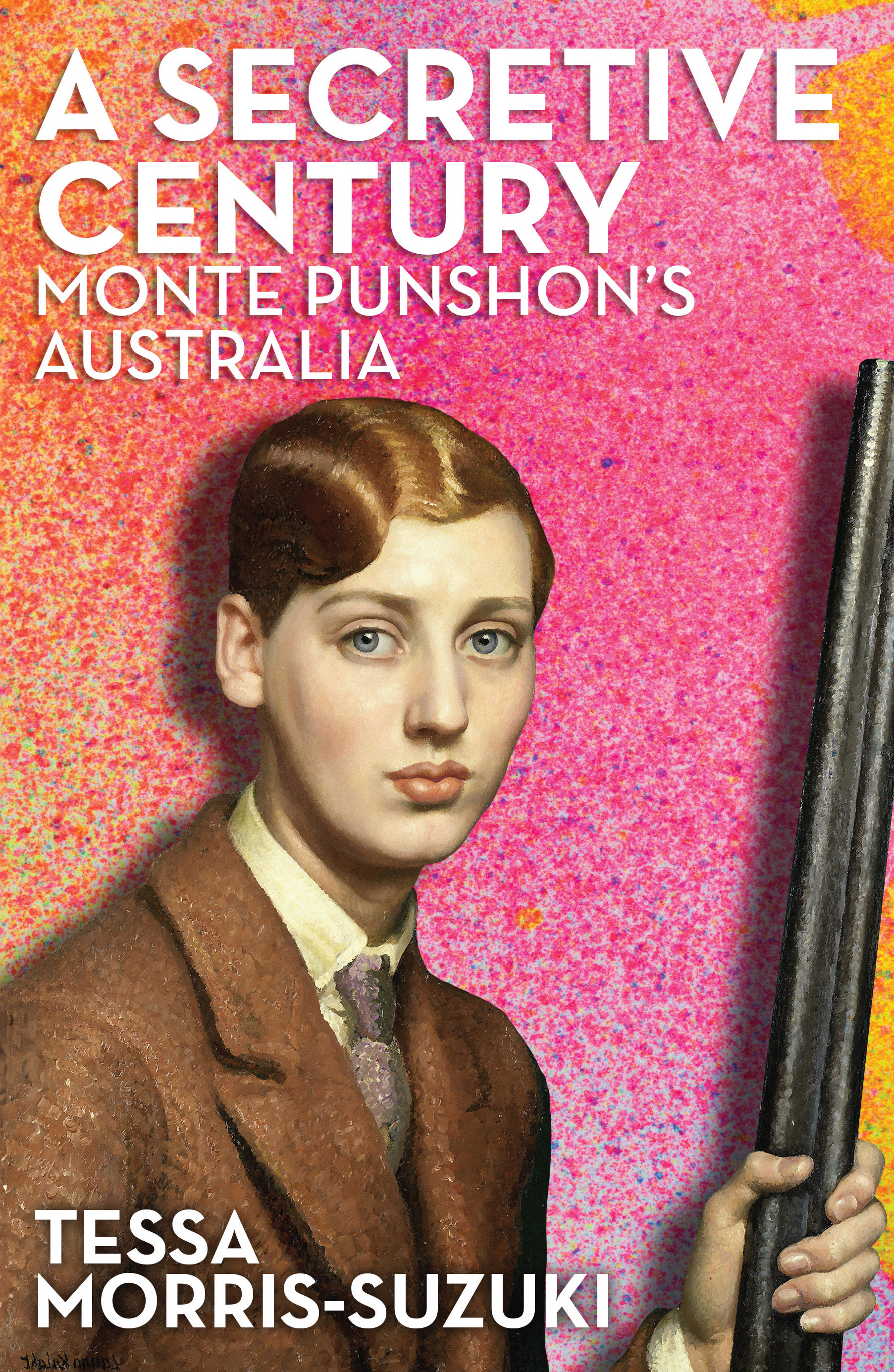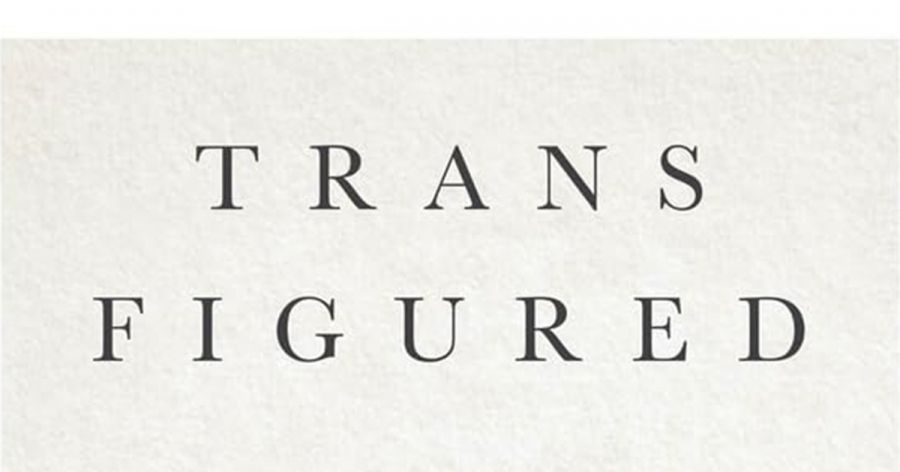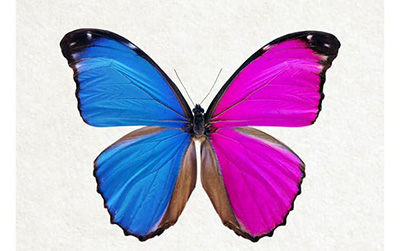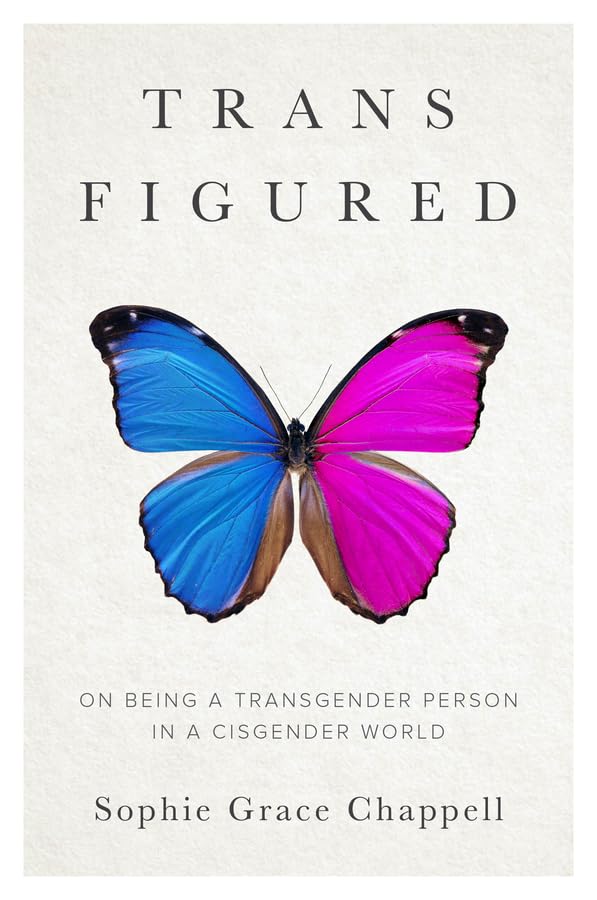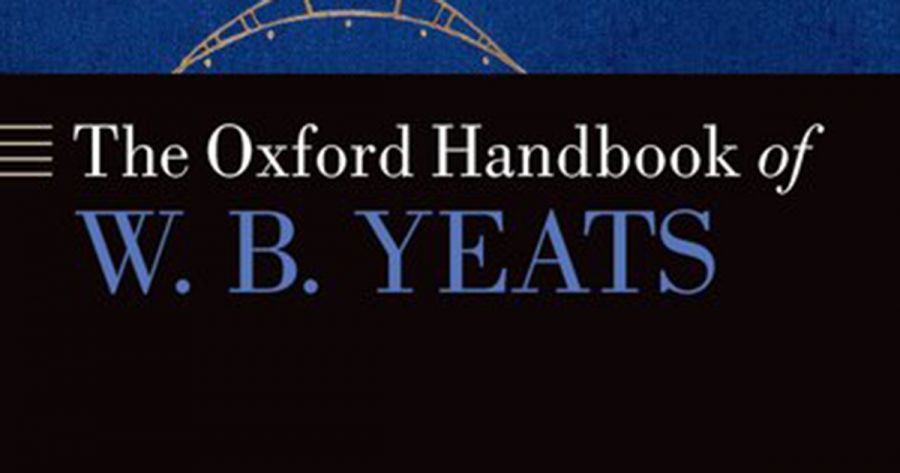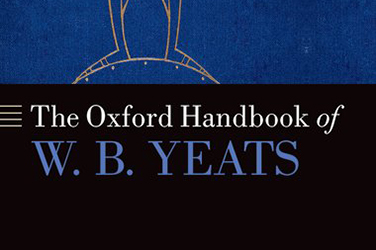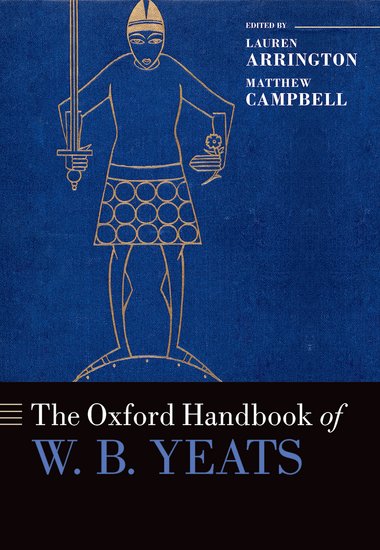To obliterate a mountain, one must first drill a series of holes 2.4 metres deep – in either a square or diagonal pattern, depending on the rock type and face condition. A crew moves in to load the holes with blasting agent, typically a mix of ammonium nitrate and fuel oil. Detonators and boosters are laid and an explosive cord is run over the mountain face. A fuse is lit. It explodes the detonator, which explodes the cord, which explodes the boosters, which explodes the blast mix, which in turn explodes the mountain.
The third of February in 1974, the day the top of Mount Tom Price was blown off, was a merry affair. The blast took place on a Sunday afternoon. Some 173,520 kilograms of explosives had been loaded, to break up thousands of tonnes of iron ore which had lain in the mountain since the time Earth was young and hot and still composing itself. Residents of the nearby town drove to vantage points to witness the milestone; the local newspaper later declared the colossal blast ‘worthy of their efforts’.
Fifty years after that explosion, I am on a bus tour of an iron ore mine listening to a young, bearded man in hi-vis gear describe how the mountain once here – Mount Tom Price – was snuffed out. The mine is located about 1,500 kilometres north-east of Perth in Western Australia’s Pilbara region. Owned and operated by global mining giant Rio Tinto, the operation lies at the edge of the Hamersley Range, a swirl of Viennetta-like rock folds containing some of the thickest and purest iron deposits in the world. Most of the ore is composed of an iron compound known as ‘hematite’; the name is derived from the Greek word for ‘blood’.
We alight to inspect a mining pit from above. The tourists press their noses against a wire fence, peering into the sheer-cut expanse. It is 250 metres deep and long exhausted, now half-filled with toxic blue-green waste water. ‘We can get to the vein without using explosives, but it creates so much wear and tear on the buckets and metal that it’s more convenient to blow it up,’ our guide explains. Mount Tom Price is not the only peak to be expunged, he says. ‘That mountain on the corner, you see half its face has been cut off? It used to extend all the way across here – that’s all gone. The rest is going to disappear as well.’ He falls silent to allow us to ponder the splendid efficiency of it all.
The discovery of Tom Price’s high-grade iron ore in the early 1960s triggered a rash of mines across the Pilbara. Some thirty-four iron ore mines now operate in the region, most run by Rio Tinto, BHP, or Fortescue Metals Group. A further eight have been decommissioned and eleven more are proposed. Tom Price was the first but is by no means the largest. The scale of the incursion is hard to grasp from the ground but can be observed when flying into the Pilbara: long maroon welts on old reptilian hide, scored all the way to the horizon.
Blasting at Mt. Tom Price: iron ore mining in the Pilbara, Western Australia, 1974 (Wolfgang Sievers/National Library of Australia)
The story of Mount Tom Price, and indeed of much of Australia’s economic wealth, began 2.5 billion years ago during an auspicious communion in an ancient sea. It was a time of great planetary upheaval, when enterprising microbes began churning out the gas that would activate life on Earth. In a sea where the Pilbara now lies, iron met oxygen. The chemistry was instant. Together the two became a compound – iron oxide – and fell gently to the seafloor; today, the sea is gone but the sediment remains as alternating stripes of iron and quartz, a geological barcode encrypted with the story of Earth’s adolescence.
Iron ore is the main raw material in steel, and some ninety-eight per cent of iron ore mined in the world is used for that purpose. Steel is everywhere: in cars and teaspoons, hip implants and building beams. The world uses twenty times more iron than all other metals combined. Iron ore is Australia’s most lucrative export, worth an expected $131 billion this financial year. Mining began at Mount Tom Price in 1965 and is still going strong; unsurprisingly, the mountain no longer exists in any meaningful form. It has been ground to a stump pocked with thirteen pits, each appearing as a giant open tomb awaiting some poor soul’s internment.
Back on the bus, we scoot over smooth gravel roads and pass the occasional mining vehicle, the driver a shadow in the darkened cabin. Children wave and grin from their window seats.
Before visiting the Pilbara, I found myself binge-watching videos of mountains being exploded. At first I was aghast, but then transfixed by the unfathomable profusion of pattern and form: writhing columns of vaporised rock in scarlet and chestnut, ochre and silver, like a crowd suddenly risen to its feet – arms flailing, backs arching, nerves enlivened. For a split second, an entire mountain ridge would seem to rise then hang suspended in the air: a final act of profundity before thudding down to earth.
Once a mountain has been exploded, waste rock is set aside and the stuff containing iron ore is trucked to the processing plant. The tourist bus rolls past the facility: a maze of conveyor belts leading into super-sized sheds, all of it coated with tangerine grime. There, the erstwhile mountain is crushed, sorted, spun, and loaded onto train carriages, taken to the port of Dampier and shipped to hungry steel mills, mostly in China.
Behind me on the bus, a young boy has been peppering his father with questions all morning. Dad, how much does that digger weigh? How fast does that train go? Is that just a puddle, or a toxic puddle? Now comes another: ‘Dad, what happens if they find a diamond?’ His father is growing weary of his son’s bottomless curiosity. ‘They wouldn’t find a diamond,’ he replies flatly, gazing out at giant pyramids of stockpiled ore. The boy is insistent. He asks again, this time urgently: ‘But dad, what if they did find a diamond?’
In 1962, Thomas Moore Price, vice-president at American company Kaiser Steel and a raw minerals expert, travelled to the Pilbara to appraise its iron ore potential. Promising deposits had been discovered in the region, and Price had been asked to evaluate sites in the Hamersley Range. For two days, Price and his party flew low over the mountains and landed at known deposits. The American was enthused by what he saw. He later described the size of the Pilbara’s ore body as ‘just staggering. It is like trying to calculate how much air there is.’
Soon after, geologists discovered an enormous iron ore reserve in a mountain not far from where Price had flown. Price was informed of the thrilling find. Two hours later, at the Kaiser Steel headquarters in California, the executive suffered a heart attack and died at his desk. The mountain was named Mount Tom Price in memoriam.
The mountain, of course, already had a name: Wakathuni. But even as late as the 1960s, much of the Pilbara was considered by Europeans to be terra incognita – unnamed, unstoried, a vacuum to be filled by their own grand narrative.
As lore has it, pastoralist and prospector Lang Hancock discovered iron ore in the Pilbara in 1952. He claimed to have been flying his small plane low over the Hamersley Range to avoid bad weather when he noticed a tell-tale dark hue along the wall of a gorge. ‘That’s iron,’ he reportedly said to his wife, Hope, who was sitting beside him – and so it was.
Hancock later staked a claim and cut a deal with Rio Tinto which delivered him and his business partner royalties of 2.5 per cent of the value of all ore mined within it. The money was to be paid in perpetuity. Hancock’s daughter, Gina Rinehart, inherited her father’s royalty stream when he died in 1992; Rinehart is now worth about $50 billion. A recent report by Oxfam found the fortunes of both Rinehart and Andrew ‘Twiggy’ Forrest, founder of Fortescue Metals Group, were increasing at a rate of $1.5 million per hour.
A few days after the Tom Price mine tour, I wake early to climb a mountain overlooking the site. As I ascend, the sky thrums an impossible sherbet pink above the domes of the Hamersley Range. For thousands of years the land’s traditional owners, the Eastern Guruma people, have called this mountain Jarndunmunha. In the 1960s, an iron survey team gave the landmark a new identifier: Mount Nameless.
A steep ascent heralds the final leg of the climb. By the time I step onto Jarndunmunha’s summit, the sun is a white flare. In the hardened light, the skin of the range seems to sag over its geriatric bones. Directly below is what now comprises Mount Tom Price: a cluster of administration buildings, then beyond, descending out of sight, a string of open-cut chasms: North Deposit, West Pit, Southern Ridge, South East Prong, Section Six, Section Seven.
Later, a long-time mine worker would tell me how the night-time view from the top of Jarndunmunha had changed since he arrived in Tom Price. ‘Eighteen years ago, you could see a bit of light. Now there are mines everywhere,’ he said. ‘You can see them, all these little things glowing.’ I imagine that sight now, the old Earth pricked with light from machines that never stop, the stars vying for the dark against the mechanical constellation. From this distance, nothing at the mine appears to move. But from the void there comes a low-pitched drone; a perpetual, whirring meta-silence.
Brendon Cook stands on the porch of his home, arm outstretched, his hand clutching a raw chicken drumstick. The white meat glistens in the gloaming. A hawk circles above; Cook whistles, waving his fleshy offering. The bird perches on a telegraph pole, regards us for a moment then, with barely a wingbeat, rises into the sky and disappears. Did my unfamiliar presence deter the bird, I ask? ‘Nah,’ Cook says. ‘It’s just getting too dark.’
Cook lives at a small Aboriginal community about twenty kilometres from Mount Tom Price. The former mountain and the community share the same Aboriginal name – Wakathuni. Cook’s white ute, the clutch gone, rests on blocks in the yard before us; two muscular dogs gnaw a branch at our feet. Cook identifies as an Innawonga, Bunjima, and Guruma man. As we chat on his porch, he tells a story of a Guruma elder known as Old Wagon, who lived decades before mining began in the Hamersley Range. Old Wagon was an important spiritual man who derived his powers from Mount Tom Price. One day he had a fateful vision. ‘He saw the lights, he saw the hill getting blown up,’ Cook says. ‘And they loaded it onto a snake. There were no words then for “train”. The snake was taking it away from Country.’
Prior to the two-century blip of European occupation in Australia, there lies a history of Aboriginal habitation in the Pilbara spanning millennia. In those tiers of time, and still now, the land formed the foundation of Aboriginal people’s spiritual and cultural lives. The arrival of pastoralism in the late nineteenth century dispossessed thousands of Aboriginal people of their traditional homelands. Mining soon followed. For the first four decades of iron ore mining, the socio-economic status of Indigenous people in the Pilbara improved little. Between 2001 and 2014 – coinciding with a boom in iron ore prices – the situation picked up somewhat. A report found about one-third of Aboriginal people, mostly those employed by mining companies, became better off. Yet not much changed for the remaining two-thirds, and many fell deeper into disadvantage. Death rates were almost four times greater for Indigenous males, compared with non-Indigenous, and more than five times for females.
In May 2020, Rio Tinto committed an act of cultural violence against Pilbara traditional owners that was so shameful the company’s reputation may never be remediated. At Juukan Gorge, about sixty kilometres north-west of Tom Price, the company blew up two Indigenous rock shelters – and with them, evidence of human occupancy dating back more than 46,000 years. The shelters were located on the land of the Puutu Kunti Kurrama and Pinikura people. In a video released after the blast, traditional owner Harold Ashburton stands at the former entrance to one of the shelters, now a pile of scree, and recalls bringing his two sons there. ‘[I] show them their great-grandfather’s country, their grandfather’s country. And you feel happy, bringing them,’ he says, his voice quivering. ‘Now all we’ve got is a mess.’ I think back to Tom Price and the young boy’s anxious probing. What if they did find a diamond?
Back at Wakathuni, the dark has descended and the dogs need feeding. But I have one last question for Cook. Traditional owners believe spirits inhabit the rivers, gorges, and mountains that give the land its form. So what happens, I ask Cook, when humans cleave open the mountains where those spirits dwell? Cook doesn’t hesitate to answer. Deaths and injuries still occur in Australia’s mining industry, and mental health problems are common. The accidents and illnesses, he says, are payback wrought by dislocated spirits. ‘It’s a retaliation. They’re coming in and destroying the country,’ he says. ‘We can’t just go in and do a smoking ceremony or Welcome to Country, and everything’s going to be all right. But you need to be thinking like an old-time blackfella, to understand.’
In August 1970, Ron Olsson, his wife and their three young sons drove into the town of Tom Price, the family’s possessions strapped to the roof of the car. They had set out from Victoria three weeks earlier; it had been a slow trip. Somewhere across the Nullarbor, the brakes on their caravan failed. On the final stretch, their vehicles blew five tyres and their pet cat died. The family arrived in Tom Price in the dark, with $20 in the bank.
Olsson had heard of Lang Hancock’s discovery of iron ore and his efforts to open the region to mining. In Melbourne, he interviewed for and scored a job at the Tom Price mine. The family bought a caravan and off to the Pilbara they went.
Upon first seeing Tom Price in daylight, Olsson later recalled in an oral history interview, he was impressed by ‘nice green lawns and the good houses ... It was sort of what we expected, [like] the pamphlets they showed us.’ The family was thrilled to secure a near-new rental home: three bedrooms, brick veneer, fully furnished – all for $10 a week. Hamersley Iron, a Rio Tinto subsidiary, owned the house. In fact, the company built and owned everything. Back then Tom Price was a ‘closed town’; only mine workers, their families, and those who serviced them were permitted to live there.
Olsson drove a truck at the mine, hauling rock from the pit to the processing plant. The money was good, but the hours were long; Olsson averaged two double shifts a week, sometimes three. ‘There was plenty of overtime … if you didn’t do your sixteen-hour shifts, they didn’t want you,’ he said. Olsson recalls becoming so tired he ‘didn’t remember travelling the road. You’d get your load … you’d pull out from the shovel and you’d remember backing into the crusher or wherever you was, but the road in between was just a blank. Did I travel over it, or didn’t I?’
The Tom Price township sits just north of the mine in a valley at the base of Mount Nameless-Jarndunmunha (the joint name was adopted in 2007). Rio Tinto handed over the town to the Shire of Ashburton in the 1980s and it’s now open to all who want to live there. It has a permanent population of about 3,000 people – most of them still mine workers and their families – plus a fluctuating population of fly-in, fly-out workers.
Over the years, Hamersley Iron and Rio Tinto have gone to great lengths to keep workers and their families happy. Olsson, a keen Scoutmaster, recalled the company paying $70,000 – a lot of money in the 1970s – to help build a scout hall that would become the envy of much larger towns. Other recreational offerings in the town include three sports ovals; an Olympic swimming pool; netball, basketball, and squash courts; a lawn bowls green; an indoor cricket centre; an eighteen-hole golf course; a tennis club (with air-conditioned spectator rooms); and a go-kart track. When I visited Tom Price, the skate park was being refurbished; the resulting broken bones will be treated in a new $32.8 million hospital promised to the town, mostly paid for by Rio Tinto.
Life in Tom Price is not without challenges. The summers are long and blisteringly hot. Tom Price is one of the most expensive places to live in Australia: one of those three-bedroom houses the Olssons rented for $10 a week today costs around $2,000 a week. And despite all the efforts to insulate the town’s inhabitants from its surrounds, the Pilbara’s red dust infiltrates everything. It arrives on the wind, on the soles of boots and on car tyres. It permanently begrimes bed linen and shower grout, and embeds itself in food and nostrils. White corellas strut the town’s footpaths, their feathers stained a scummy peach.
Eagle Felix, a New Zealander, came to town fifteen years ago to work for the mining industry, but has since found other work. Felix tells me how the physical isolation, long shifts, and unsociable work hours can fracture families. ‘You hear a lot of sad stories. A lot of families break up,’ he says. On more than one occasion, Felix says, he’s visited Kings Lake, just out of town, and found ‘someone down there by himself, he’s come home from night shift and his family’s gone. Good fellas, I’ve worked with a lot of them.’
Felix tells me a story that struck him the hardest. ‘One fella was a boilermaker in the mine. He got cancer, and his wife left him. He was really heartbroken,’ Felix says. Tragically, the man died. Felix was working as a cleaner and went to prepare the man’s home for the next tenant. ‘I saw all these little things he’d made for his kids. Little swings, little toy things, all out of steel.’ In the months after I left Tom Price, I often thought of that man. I wondered what drove his wife and kids to quit town. I imagined those steel toys – perhaps made with ore dug from the Pilbara – forged into shiny gifts that would one day lie spurned and idle.
Despite its genial vibe and tidy streetscapes, Tom Price beats to a peculiar pulse. Rio Tinto’s logo is omnipresent, emblazoned on almost every public sign and community flyer. One in two shoppers in town wear the Rio Tinto uniform: navy-and-yellow workwear and tan boots. In almost two weeks at Tom Price, I saw not a single elderly person. The streets are scrupulously free of litter. Parked outside the pub each night are utes, four-wheel drives, and trucks. To the visitor it has the feel of walking through a timber plantation – pleasant enough but entirely mediated, a single-species town that exists only for one purpose: to remove a mountain and sell it off, piece by piece.
For all the human capital to flow in and out of the Pilbara, there are those who came and died here. In his 1991 interview, Ron Olsson told of a string of fatalities during his years at the mine. One man was in a vehicle pushing a rock; it ‘rolled under his blade and pulled the machine with him’. The vehicle tumbled down a steep slope; the worker was ejected through the windscreen and ‘straight into some big rocks’. Olsson continued with his grim list of fatalities: three truck accidents, a man thrown from a loader, and a ‘young fellow got killed out on the road. He was one of the Scouts.’
The Tom Price cemetery is located west of town off a dirt road. I visit late one afternoon; it’s deserted. A brown teddy bear hangs over the rusted perimeter fence. Headstones sit askew, their inscriptions lamenting those taken too soon, those dearly beloved, those forever in our hearts. I count the graves – perhaps forty. It seems so few for a town established more than half a century ago. The land around here is filled with the burial sites of Indigenous custodians past, but for many new inhabitants, their bones will sleep in the dirt of elsewhere.
Ron Olsson’s Pilbara gamble paid off. He clocked up decades at the mine and his three sons would also join the payroll. But mining employment can be precarious. In 2016, Rio Tinto cut about 170 jobs from its Pilbara operations after global iron ore prices fell. Workers who had given the company their best working years were suddenly unemployed. Families left Tom Price and houses lay empty. Now, the iron ore boom is back on. But a move towards autonomous mining operations means that human workers become ever more dispensable. More than 130 trucks in Rio Tinto’s Pilbara fleet are now driverless; so too are its mine-to-port trains. The company spruiks the 1,700-kilometre train network as ‘one of the world’s largest robots’. Having erased mountains and sought to annihilate the world’s oldest living culture, the final step, it seems, is to eliminate ourselves.
The most anticipated event on the Tom Price social calendar is the Nameless Jarndunmunha Festival (principal sponsor: Rio Tinto). A grainy video of the festival’s twenty-fifth anniversary year, in 1995, shows a parade of locals marching through town: gymnasts and karate enthusiasts, jugglers, the fire brigade, a child mermaid. The day culminates in a tug-of-war between the town’s residents and a mining vehicle. It’s yellow and big as a bungalow. First go the men, then the women, and finally the children, bodies heaving on the rope in unison: feet planted, legs braced against the might of the machine. But against all the heft their flesh could summon, the vehicle will not yield; they pull and strain and roar, but it barely rolls a goddamn inch.
The township of Mount Tom Price, 1970 (image courtesy of the National Archives of Australia. NAA: A1200, L87807)
All iron in the universe – in the sun, in Mount Tom Price, in our blood – was created by exploding stars. The mineral makes up about five per cent of the Earth’s crust, but much of it is uneconomic to extract. This reveals the conundrum at the core of our economy: on a finite planet, resources eventually run out.
Unless global demand for steel falls, the world will need another source of iron. A new breed of prospector has identified the next celestial body to be flogged: the moon. The moon, of course, is Earth’s natural satellite. It guides bird migration and coral spawning, dictates our rhythms and tides, and steadies the planet on its axis. According to NASA’s Jet Propulsion Laboratory, it also ‘holds hundreds of billions of dollars of untapped resource’, including iron.
I consider all this as I sit on a beach at the small town of Exmouth on the Pilbara coast, and watch the moon devour the sun. I have joined 25,000 other people to witness what’s been billed as a once-in-a-lifetime event: a total solar eclipse. Such an event occurs somewhere on Earth only about once every eighteen months, and this one will only lightly touch Australia – here on the Pilbara coast.
The previous day, I had driven seven hours west from Tom Price to Exmouth. I left behind the Hamersley Range – those old mountains so patiently imbibing our dreams and follies – and descended to the moist, liminal sash of the coast. Late in the day, I turn onto the North West Cape, a pinkie-shaped peninsula jutting into the Indian Ocean. The road is bumper-to-bumper with eclipse-goers. As we roll along, the dense blue of the ocean flashes from between the dunes; after the dry of the uplands, the mere sight of water delivers to my brain a shimmery dopamine rush.
In the Pilbara, the relationships between Country and coast are deep and stratified. A Dreamtime sea serpent, the warlu, is said to have traversed north-west Australia searching for two naughty boys, emerging from the ocean and creating waterways as it travelled inland. Rivers run the reverse course, flowing coastward in fast red torrents after monsoonal rains; the Hardey River rises just below Mount Tom Price then runs into the Ashburton River, tipping into the ocean not far from Exmouth. Between it all glide mining trains, their loads of ore hauled to the coast to be conveyed onto ships, then transmuted into a staple of the global economy, somewhere else and far away.
On a grassy strip adjacent to Exmouth’s Town Beach, the eclipse is well underway. Wearing solar observation glasses, I tilt my head skywards. The sun is a mere sickle behind the flat disc of the moon. Light has begun to fall in odd slants; two men in baseball caps wave their arms about, playing with the trippy shadows. Earlier, a Greek tourist named Leon, here for his ninth eclipse, explained to me the physics of the spectacle. The moon is four hundred times smaller than the sun but four hundred times closer to Earth; that cosmic quirk is what allows the moon to block the sun’s light. ‘It’s a science but it’s also very beautiful,’ Leon says. ‘At the time the eclipse happens it’s like you are not on Earth. The shapes, the colours – everything is different.’
All around, a milky twilight has usurped the day. The temperature drops and a breeze picks up. Now, the shadow of the moon sweeps in: it’s happening! The crowd looks to the sky and takes a single, collective breath as the moon locks into place. Shards of white light splinter in all directions: the sun’s corona, the hidden outer layers of its atmosphere now rendered visible to the human eye for one sublime moment. We stare back, slack-jawed.
The moon slips. An arc of silvery beads peeks from behind its dark edge as sunlight streams through the valleys of the moon. Scientists call it the ‘diamond ring’ effect. What happens if they find a diamond? My thoughts fly to the Tom Price mine, the machines that never stop churning. Who there might be looking to the sky, as the moon silences the star that holds our planetary system together?
Now the eclipse is over. The entire spectacle lasts sixty-two seconds; the moon slides on to finish its journey across the sky. Everyone around me looks a little dumbfounded. A woman is dabbing away tears. ‘Oh my god,’ she says, turning to her friend. ‘What the hell just happened?’ A man nearby wearing a rumpled Hawaiian shirt looks a little shell-shocked. I ask what he thought of the sky show. ‘I don’t know if I could put it into words,’ he says in an exalted daze. ‘It was just so goddamn beautiful … the whole thing looks like a giant pupil, a big eye. Like the universe is looking back at you.’
I drive back to Tom Price the day after the eclipse, skirting up the cape and inland across the glinting Ashburton River. Giant insects hover at the roadside and birds arc overhead: raptors and swallows, birds with dark crests and notched tails, and everywhere, wild budgerigars flitting across the sky, a green and yellow rapture.
It’s late afternoon. As I drive, I am transfixed by a writhing lime cloud above the road ahead – a flock of budgerigars. All at once, the birds tilt and descend towards my car; before I can brake the whole lot strike the windscreen, bellies and wings pressed into the glass and then a clatter as their bodies ping-pong over the roof. I gasp. In the rear-view mirror, green clumps are strewn across the road. Should I pull over? The roadside is dangerously narrow. But what if some birds are still alive? I think of the long solo drive ahead, the car loaded with bloodied budgerigars. Where will I take them once I reach Tom Price? And it will be dark soon. I drive on, safe in my shiny steel contraption, prickling with shame.
Mining, by its nature, must damage the body it penetrates. The purported payback is tax revenue for governments and the materials we need to conduct our lives. Steel forged from the Pilbara’s ore built our cities and towns, and the vehicles to travel between them. It built our homes and objects to fill them. But as we fill some voids we leave new ones: pockmarked land, emptied of the spirits and histories it harboured.
In the town of Tom Price, life appears to hum along with a composed indifference to the nature of its enterprise – until I happen upon a counterculture of thought, a trace of regret that the town’s mountain namesake has not been permitted its presence. I am browsing a souvenir shop; I choose a plush crocodile for my son and take it to a young, kindly woman behind the counter. As we chat, I tell her that I am writing about Mount Tom Price. The woman pauses, then leans towards me furtively. ‘It’s not there anymore. It breaks my heart,’ she says in a hushed voice. ‘They mined things that have been there for billions of years. It would have been so beautiful out there. I know they need mining but …’ Her voice trails off. With a wan smile, she hands me the crocodile and my receipt.
I leave the shop and step into the midday heat. Tourists are standing in the shade of a tree, waiting for the bus to take them to the Tom Price mine, to see how humans dig up things that have been there for billions of years.
Yes, it really would have been so beautiful out there.
‘Bloodstone’ was placed third in the 2024 Calibre Essay Prize. ABR gratefully acknowledges the long-standing support of Patrons Peter McLennan and Mary-Ruth Sindrey.
This essay was supported by artsACT (the ACT government’s arts agency) and Creative Australia (the Australian government’s principal arts investment and advisory body).




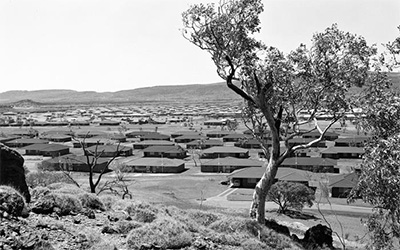


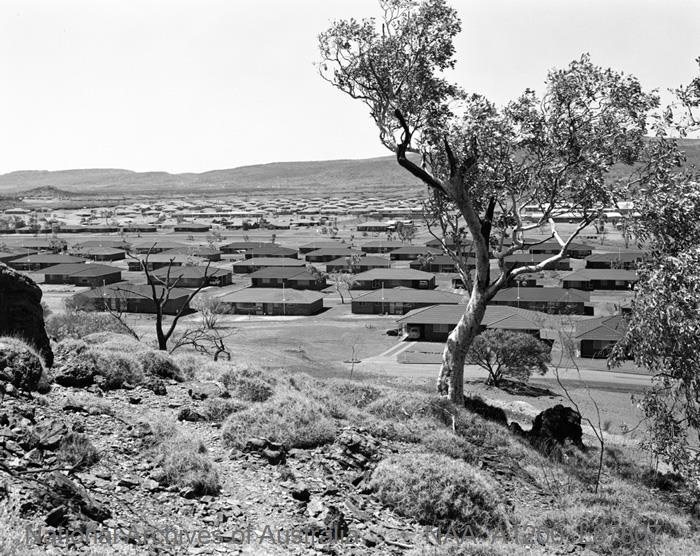




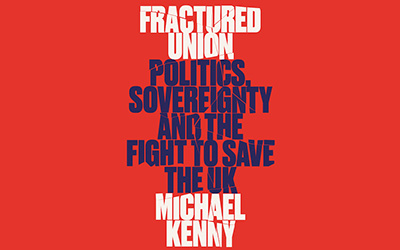
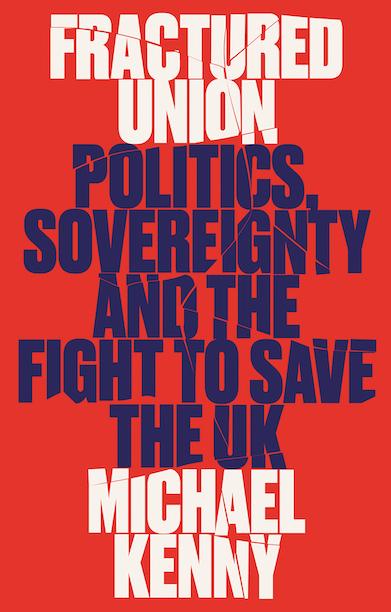

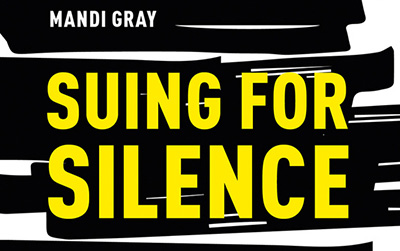






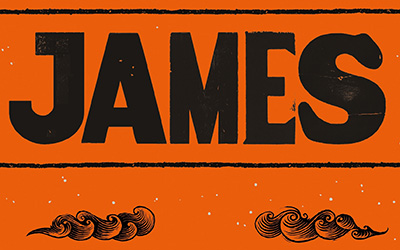

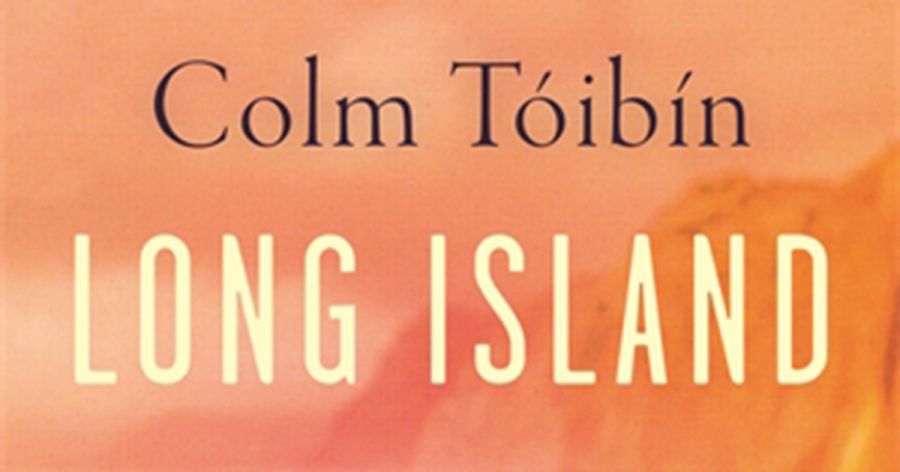
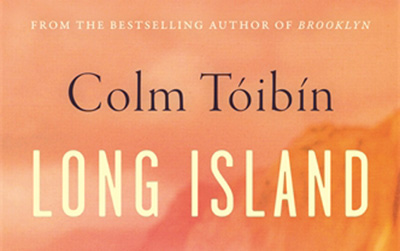
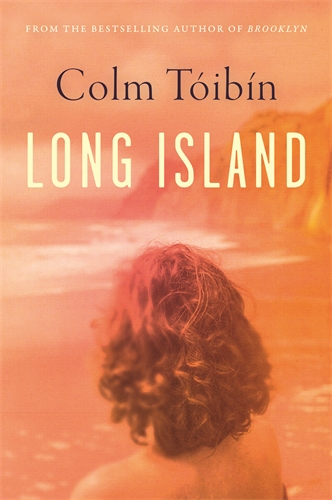
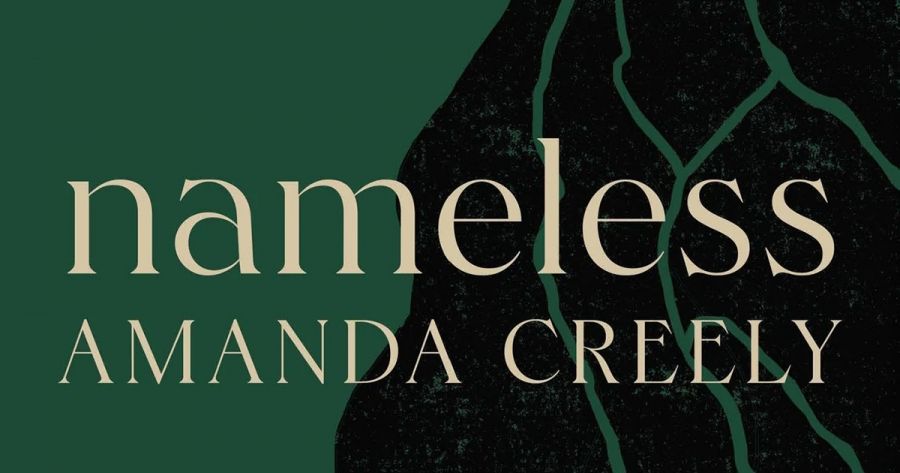
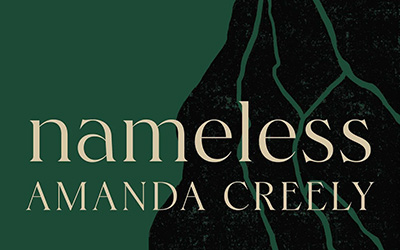

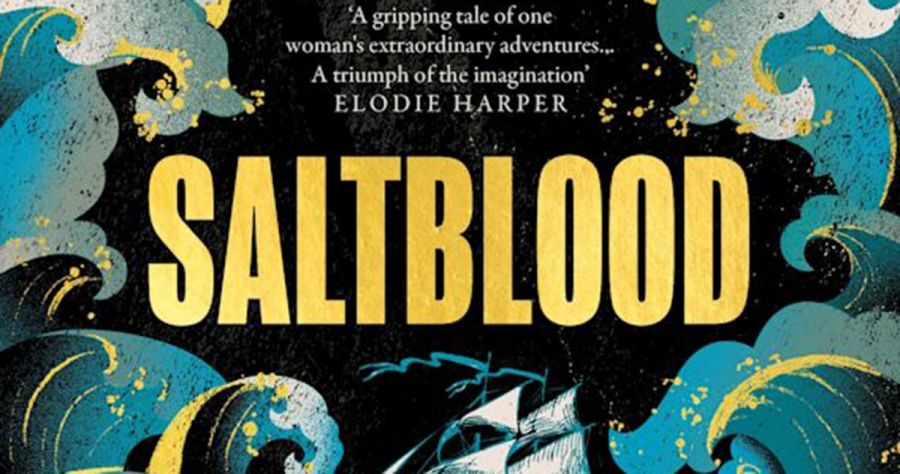
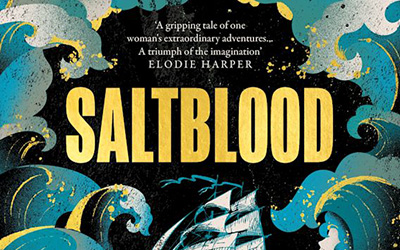
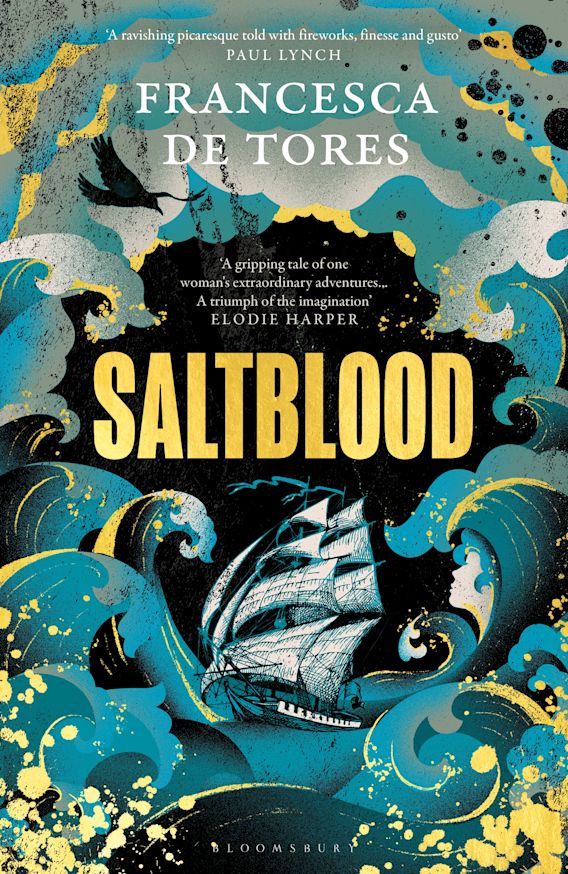




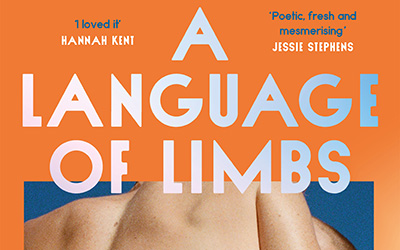
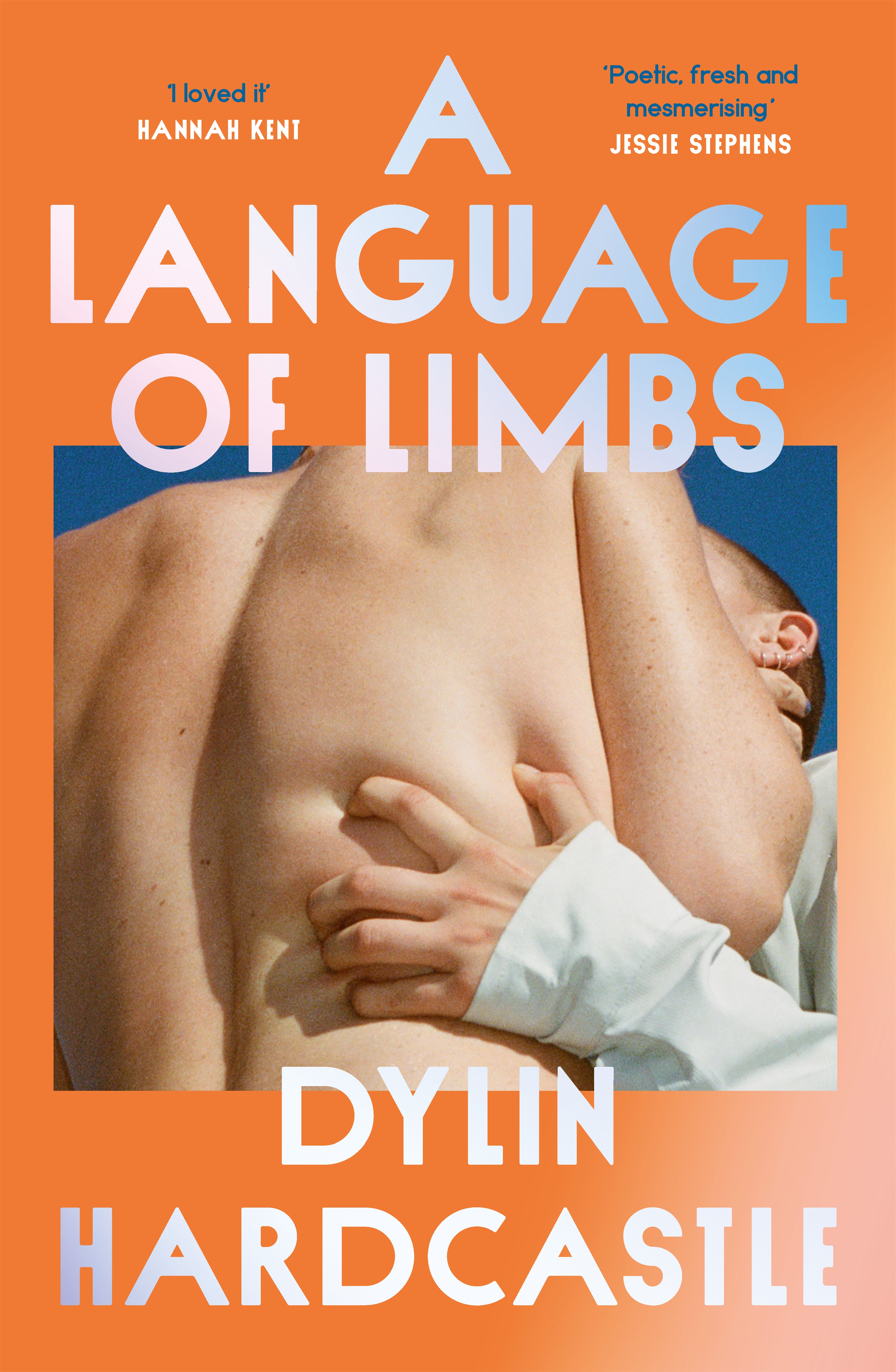

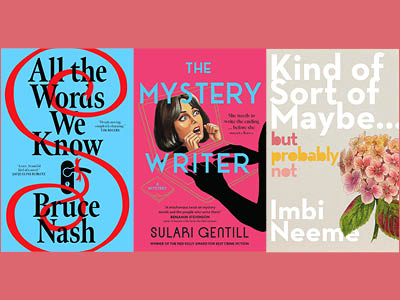

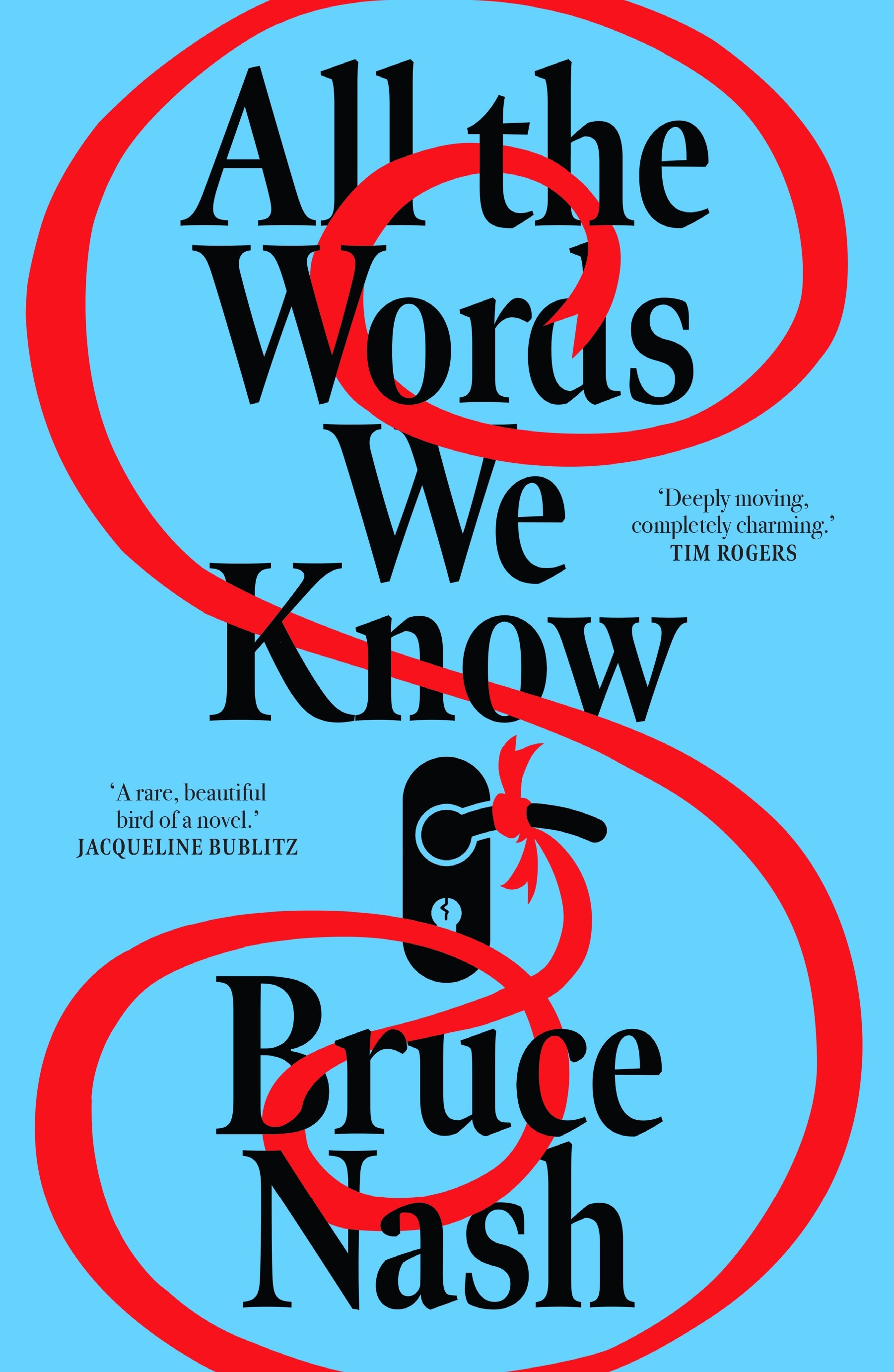






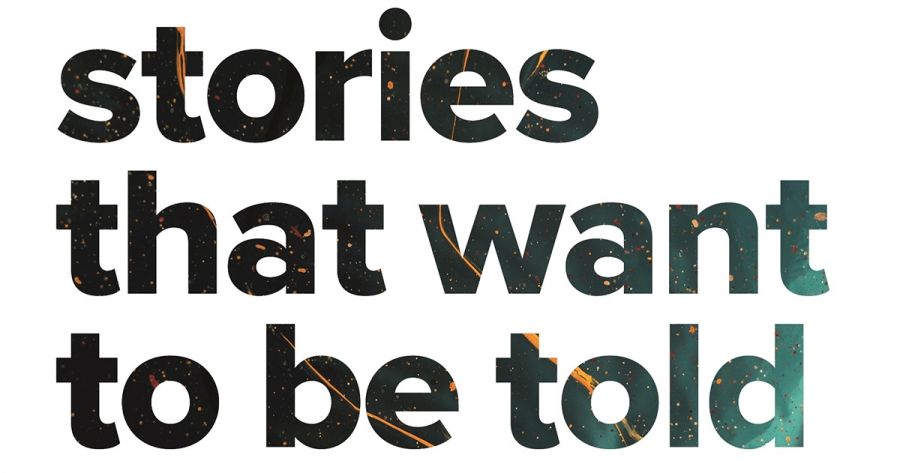
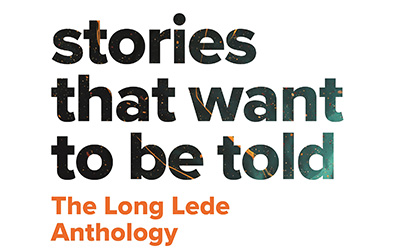
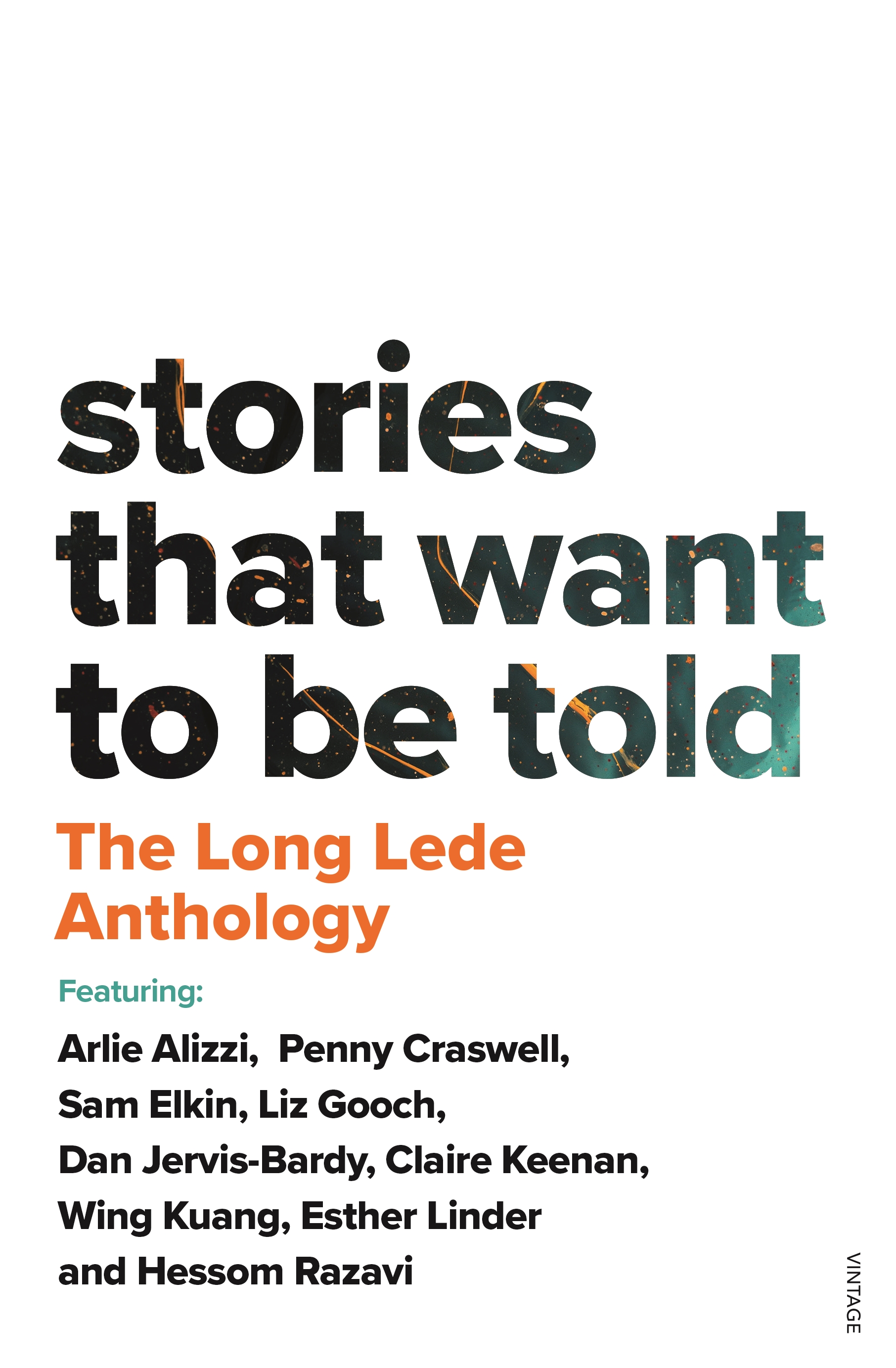

%20by%20Mitty%20Lee-Brown%20COPYRIGHT%20Art%20Gallery%20of%20New%20South%20Wales.jpg)
%20by%20Mitty%20Lee-Brown%20COPYRIGHT%20Art%20Gallery%20of%20New%20South%20Wales.jpg)

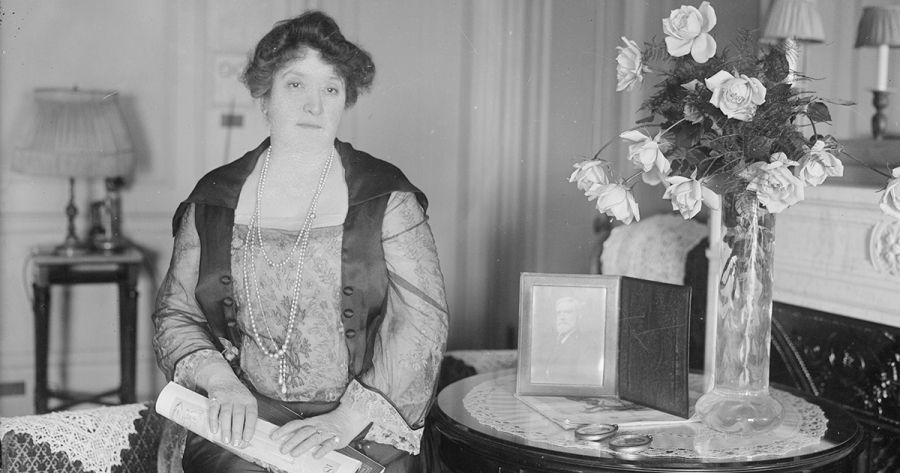
.jpg)
.jpg)
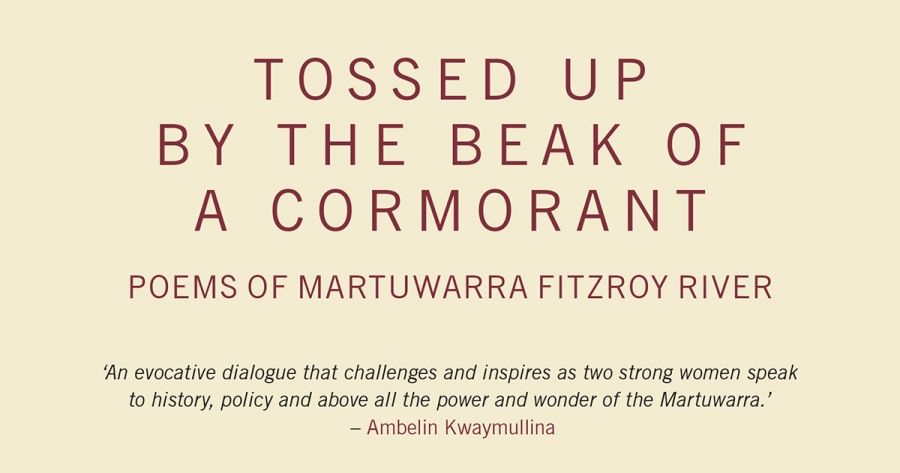

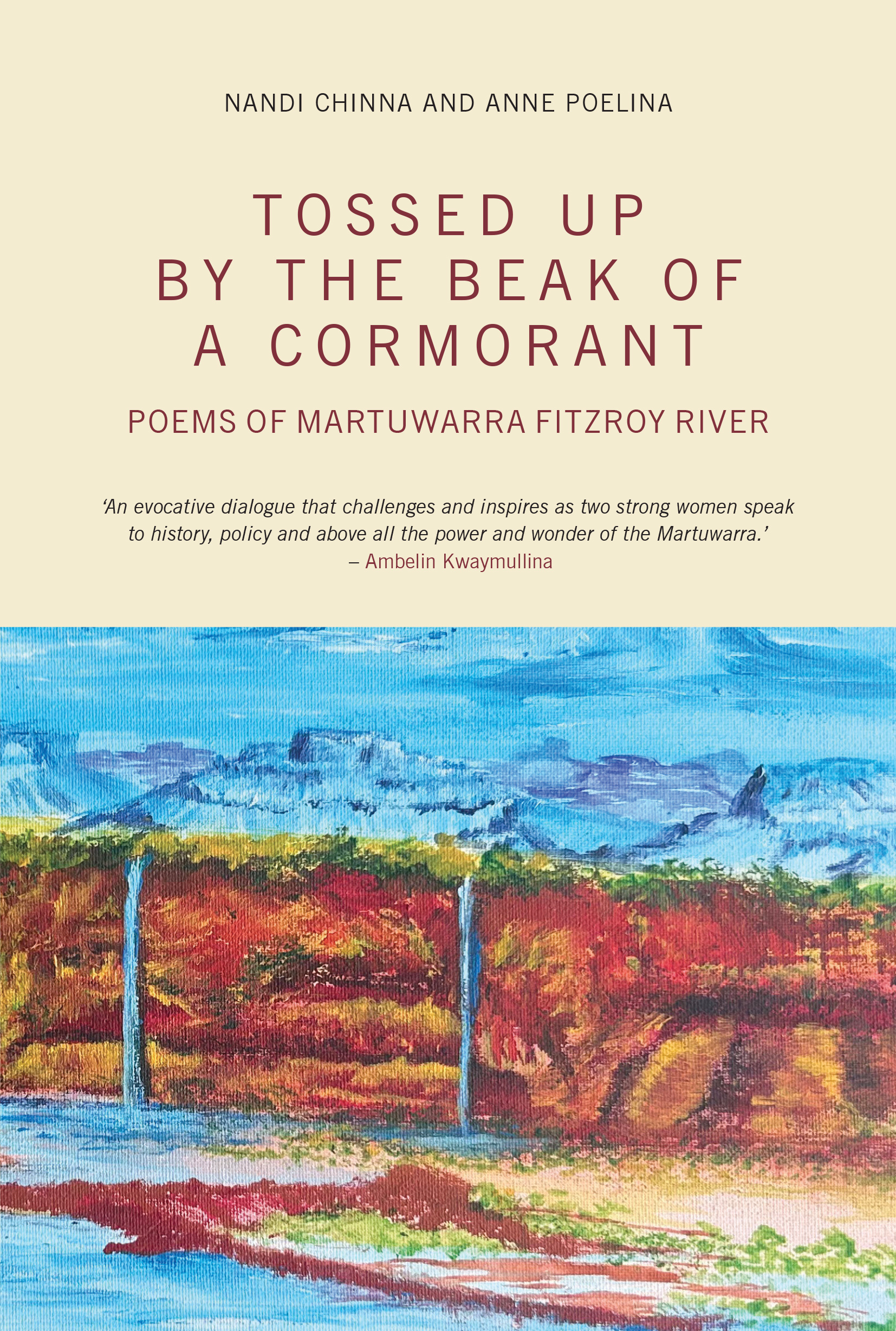

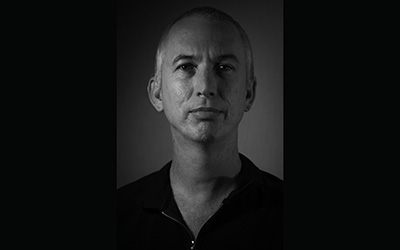


.jpg)
.jpg)



